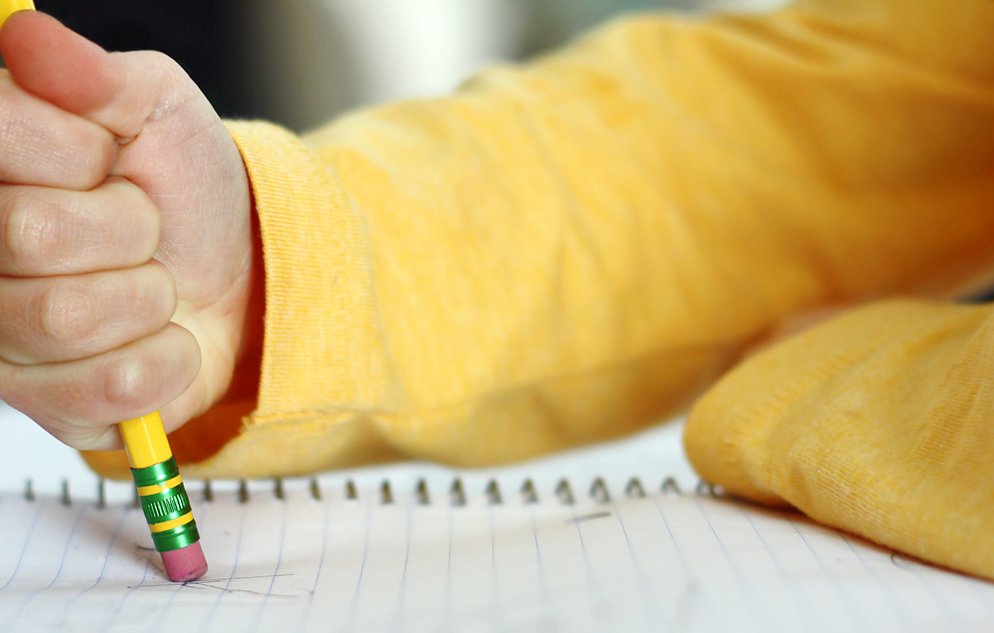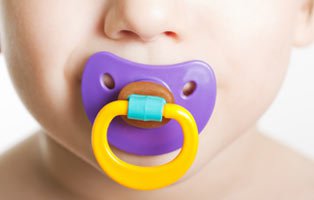All Jobs
---------------------------------
Nanny (all)
Mother's Help
Nanny
Nanny/Housekeeper
---------------------------------
Maternity Nanny
---------------------------------
Family Buddy
---------------------------------
Nursery (all)
Area Manager
Compliance Officer
Deputy Manager
Early Years Professn.
Head of Room
Kitchen Assistant
Nursery Administrator
Nursery Apprentice
Nursery Assistant
Nursery Cook
Nursery Manager
Nursery Nurse
NVQ Assessor
Operations Director
Senior Nursery Nurse
---------------------------------
Creche (all)
Creche Assistant
Creche Dep Manager
Creche Manager
Creche Supervisor
Weekend Assistant
Weekend Supervisor
---------------------------------
Teaching (all)
Course Manager
Teacher
Teachers Assistant
Tutor
---------------------------------
Holiday Clubs (all)
Holiday Club As.
Holiday Club COORD.
Hol Club Creche As.
Holiday Club Nanny
Play Leader / Mng
Play Worker
Ski Season Nanny
Villa Nanny
---------------------------------
Social Care (all)
Contact Officer
Family Support Officer
Residential Worker
Social Work Assistant










